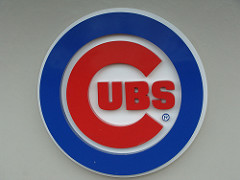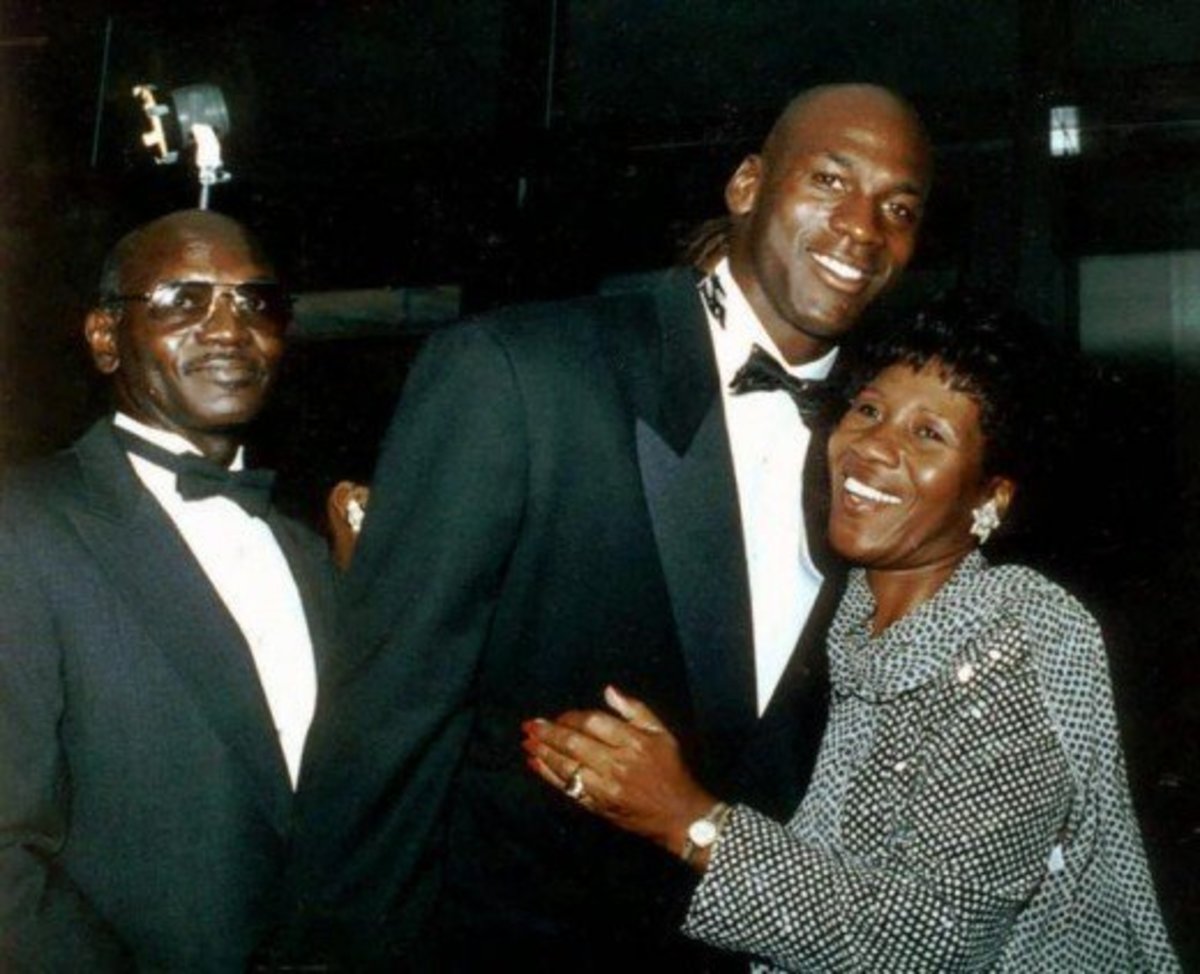Reason in Play: What Ought to be Done for the Superstitious Sports Supporter
What do the Cubs say?

Playing for Reason
The playoffs of the Major League Baseball (MLB) in America is finally underway. Now, teams must vie for the top spot if they desire any chances of claiming that coveted Commissioner’s Trophy. What also must be said are the rituals, superstitions, and downright mystical nature inherent in the game generally and the playoffs specifically. With the Chicago Cubs in the running, old “curses” and bad omens have cropped up again, reminding sports supporters just how zany baseball can be. Instead of looking at objective statistics of ballplayers, some simply point to the unknown and unknowable to justify why a team has such a dry spell when it comes to winning championships. From billy goats to black cats to unfortunate fans, the Cubs can boast a number of alleged reasons why they have come up short for the past 107 years.
While it may be in good fun, the act of ascribing losses to black magic or the like might be a psychological weakness. The inability to cope with reality stems from the subjective viewpoint that an individual develops. What makes it so difficult for them to see the facts as they are is their insistence on clinging to irrational notions. In the case of the Chicago Cubs, the decades of misfortune spell out errors, blunders, poor management, less than stellar performances, and meltdowns. But fans want to hold on to those voodoo ideas. They would rather say that an animal or a damaged glove signified a failed post season, than to look at the truth at face value. The spooky thoughts exist because of the fact that most people seek and affirm their beliefs in the supernatural, non-sensory, non-definable being(s). As they feel that there is a mystical explanation for an event, so shall they reserve in their minds the sense that whatever happened was because of some mystical force.
Why don’t other teams have just “bad luck”? Is it because the irrational hands of fate took it upon themselves to favor teams like the New York Yankees who have attained twenty-seven championships? No answer can be given for such a person who retains faithfully their assertion that some other worldly presence rules the outcome of America’s pastime. Maybe to them commissioning a priest to bless the dugout with holy water is okay. But wouldn’t finding the best players and management staff suffice in the face of blind belief? To those who deny the facts of reality, no remedy better than reason ought to win the day.






